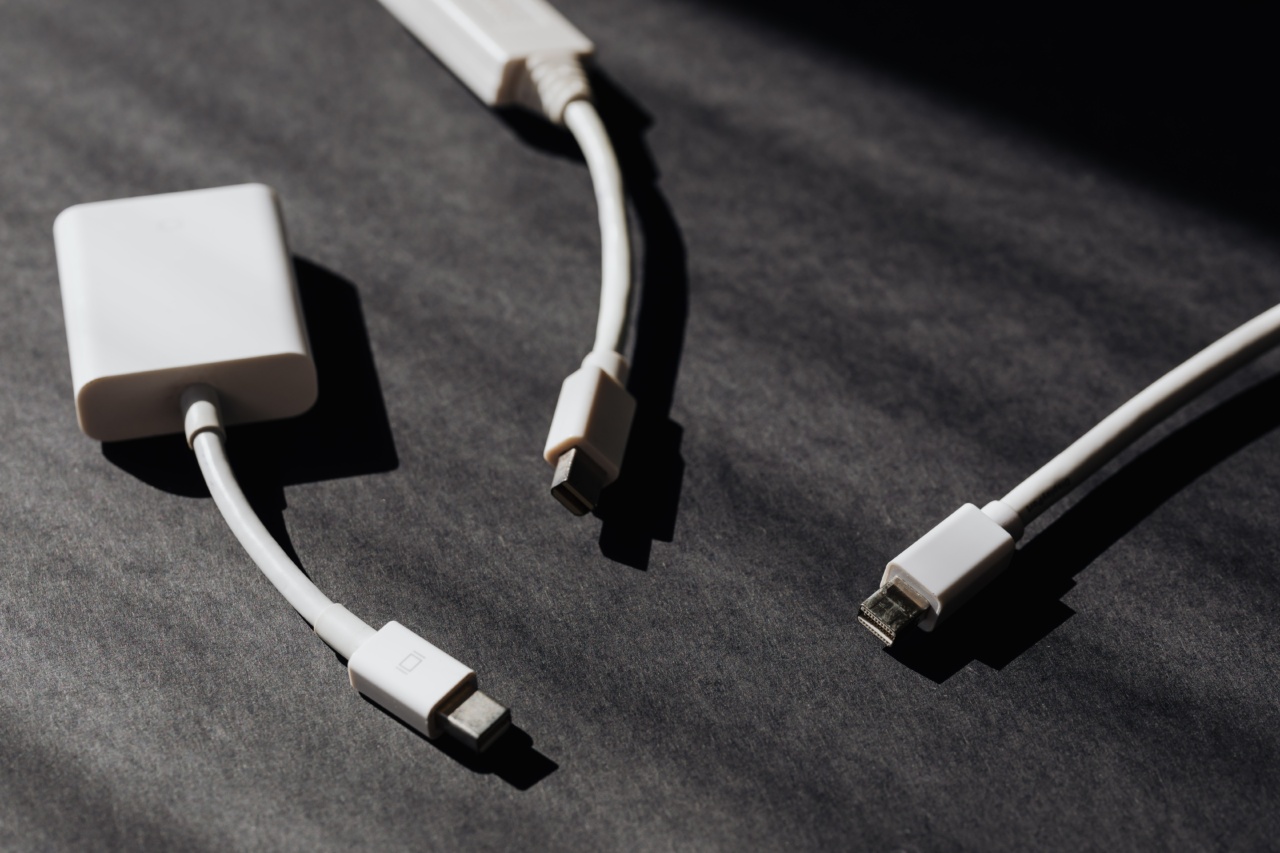High blood pressure, also known as hypertension, is a common and serious health condition that affects millions of people worldwide.
It is characterized by elevated blood pressure levels that put extra strain on the heart and blood vessels, increasing the risk of heart attack, stroke, and other health problems. But did you know that high blood pressure can also increase the risk of developing dementia later in life?.
Understanding Dementia
Dementia is a group of symptoms that affect memory, thinking, and social abilities in a way that interferes with daily life activities.
It is a progressive and irreversible condition that affects millions of people worldwide, and its prevalence is expected to rise in the coming years due to the aging population.
Dementia can be caused by various factors, including genetics, lifestyle, and environmental factors, but researchers have recently found a link between high blood pressure and the development of dementia.
The Link between High Blood Pressure and Dementia
A recent study conducted by the Alzheimer’s Society found that high blood pressure is a significant risk factor for developing dementia.
The study followed over 5000 volunteers aged 35-55 for 15 years and found that those with high blood pressure in their 40s were more likely to develop dementia later in life.
Research has also discovered that high blood pressure damages blood vessels, reducing the blood flow to the brain, thus leading to the development of dementia.
The damage to the blood vessels can lead to vascular dementia, which is a type of dementia caused by impairments to the blood supply to the brain, leading to cognitive decline and other symptoms.
High blood pressure can also cause damage to the brain cells and contribute to the development of Alzheimer’s disease.
Studies have shown that hypertension disrupts the blood-brain barrier’s integrity, leading to the release of toxic substances that contribute to the development of Alzheimer’s disease.
Preventing Dementia by Managing High Blood Pressure
The good news is that high blood pressure is a controllable and manageable condition. By managing blood pressure levels, individuals can reduce their risk of developing dementia later in life.
The following lifestyle changes can help manage high blood pressure:.
- Eating a healthy and balanced diet.
- Reducing salt intake.
- Engaging in regular exercise.
- Quitting smoking.
- Maintaining a healthy weight.
- Reducing alcohol intake.
In some cases, medications may also be necessary to manage high blood pressure levels. Individuals with high blood pressure are advised to consult their healthcare professionals for personalized prevention and management strategies.
Conclusion
High blood pressure is a significant risk factor for the development of dementia. The link between high blood pressure and dementia highlights the importance of managing blood pressure levels to reduce the risk of developing dementia later in life.
By adopting a healthy lifestyle and seeking medical guidance, individuals can prevent and manage high blood pressure, reducing the risk of developing dementia and improving their overall health and wellbeing.





























